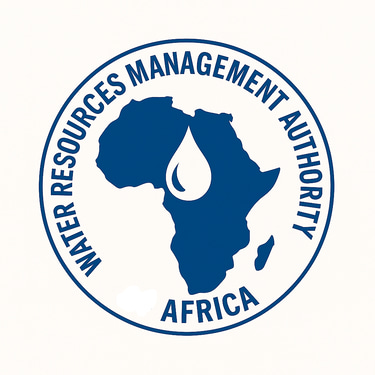
Standards & Regulatory Framework
The Water Resources Management Authority of Africa (WRMAA) enforces a binding continental standards system governing all dam construction, hydropower development, and water infrastructure projects under its jurisdiction. These standards apply to government agencies, EPC contractors, engineering consultants, and state-licensed construction entities.
WRMAA operates under the Continental Engineering Compliance Code (CECC), which defines mandatory structural safety, hydraulic performance, and inspection protocols. All major dams and hydropower works must meet ICOLD-aligned safety protocols and pass Authority-led structural risk assessments before receiving construction clearance.
Environmental responsibility is enforced through the Environmental and Social Safety Mandate (ESSM), requiring all approved projects to follow strict environmental safeguards, basin protection plans, and community impact safety measures.
Hydropower facilities must comply with the Hydropower Operational Integrity Code (HOIC), ensuring safe turbine commissioning, discharge control, and operational maintenance.
Projects impacting shared river systems must also meet the Transboundary Water Compliance Framework (TWCF) to ensure regional coordination and water governance stability.
Only projects that pass WRMAA audits and technical verification are issued Authority Certification, Operational License, and Final Completion Approval under official seal, recognized across member states and continental agencies.
FAQs
What is WRMAA?
WRMAA oversees water projects.
Who does WRMAA serve?
WRMAA serves all African nations.
How does WRMAA ensure standards?
WRMAA follows international engineering standards.
What projects are managed?
We manage dams and irrigation systems.
Is WRMAA a regulatory body?
Yes, it regulates water infrastructure.
Contact
Get in touch with us
Address
info@waterresources.africa
© 2025. All rights reserved.
Water Resources Management Authority of Africa (WRMAA)
Regional Directorate for West African Water Infrastructure & Dam Development
Executive Coordination Office – Monrovia
R.L. Water & Energy Administrative Complex
Tubman Boulevard, Congo Town, Opposite Ministry of Public Works
Monrovia, Republic of Liberia
